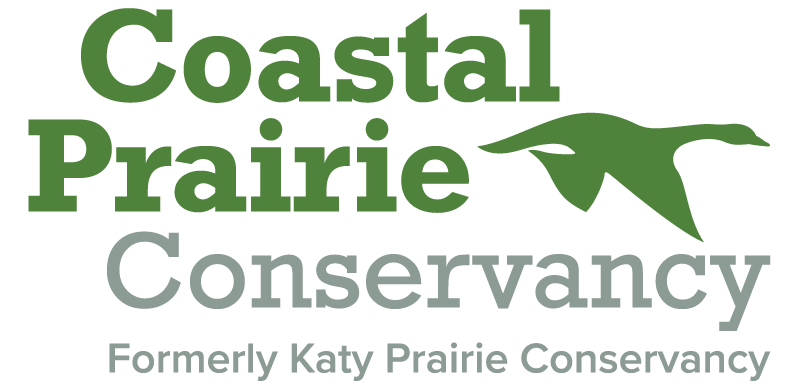Conservation Easements
Not all landowners want to sell or donate their land, but many want to ensure that they preserve their land forever – whether for their families, future generations, or future buyers. A conservation agreement, also called a conservation easement, is a voluntary legal agreement between a landowner and a qualified land trust to protect the conservation values of a property. The conservation values of a property may include the natural habitats of fish, wildlife, or plants, or the preservation of open space – including farms, ranches, pasture land, or forest. After an agreement is entered, the land trust will visit at least once a year to ensure that the terms of the agreement are being met. Conservation agreements do not require public access.
The landowner who places a conservation agreement on his or her land continues to enjoy the ranch or farm for decades to come, knowing it will be protected even when passed down within the family. For some, the peace of mind and preservation aspect of the conservation agreement is important. Should future family members want to sell at some later time, the land can be sold with the agreement in place and future owners will be bound by the terms of the agreement.
For others, the federal income and estate tax benefits of a conservation agreement are important. A donated conservation agreement may qualify as a charitable contribution under IRS regulations. The federal income tax benefits of donating a conservation agreement are similar to those of making other types of charitable contributions. A landowner may be able to deduct up to the full value of the conservation agreement from his or her federal income taxes, including flexibility to deduct the value over a multiple-year period. Tax laws require that the value of the conservation agreement be determined by a qualified real-estate appraiser. The monetary value of the conservation agreement is, generally speaking, the difference between the value of the property with the restrictions of a conservation agreement in place and the same property’s value without these restrictions. Oftentimes, the value of a conservation agreement donation is greatest in areas where development pressure is most intense and lower in more remote areas. Likewise, a conservation agreement that prohibits development to a greater extent will have a higher value than an easement that contains only minimal restrictions. Your legal and tax professionals can provide you with more specific information on the financial benefits of a conservation agreement; the Coastal Prairie Conservancy is unable to offer legal or tax advice.
If a landowner is unable to donate a conservation agreement, funding is sometimes available from programs designed to protect certain habitats (such as grasslands or wetlands), which may be used to compensate the landowner for granting a conservation agreement. In other instances, the Coastal Prairie Conservancy may be able to obtain funds from donors to purchase development rights from the landowner.
You can learn more about conservation agreements from the Texas Land Trust Council's Guide for Landowners.
When thinking about entering into a conservation agreement, it is important to know you and your family’s goals. It is also important to find a match with the right land trust to make sure that you share common goals, as this will be a long-term relationship. Each conservation agreement is uniquely tailored for each property and designed to meet the needs of the individual landowner and the conservation agreement holder.
The Coastal Prairie Conservancy is actively pursuing land conservation in the following counties: Austin, Colorado, Wharton, Brazoria, Jackson, Matagorda, Ft. Bend, Waller, and Harris Counties. If you are interested in donating land or pursuing a conservation agreement with the Coastal Prairie Conservancy and want to learn more about land preservation, we would be happy to meet with you and your advisors. Please contact Elisa Donovan.
To learn more, please see our printable brochure on conservation agreements.

